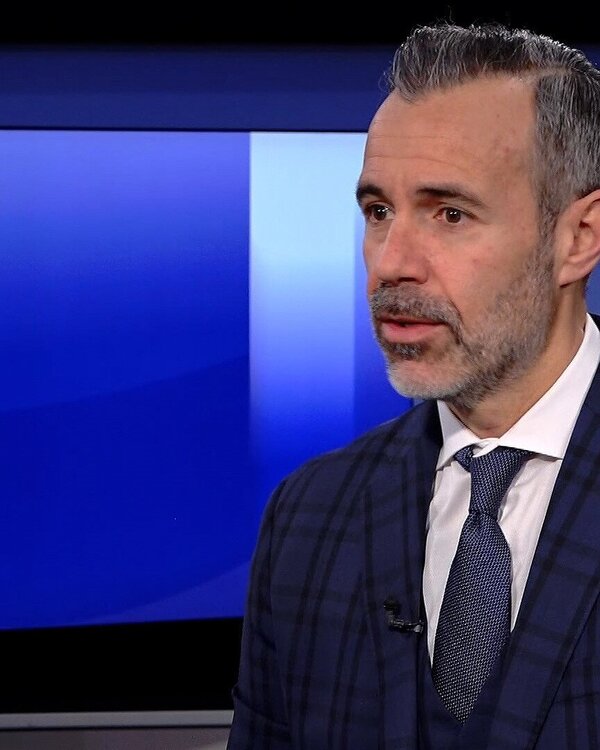Reducing risk when investing
Financial assets offer attractive opportunities for high returns. However, you should also be aware of the risks involved in investing. We explain the main risks and show you how you can avoid typical mistakes when investing.

Typical mistakes when investing

Some risks in investing can be self-inflicted and the consequence of typical investment mistakes. By keeping these typical errors in mind, you can reduce the risks of investing and increase the chances of returns. Six questions and answers about typical mistakes you should avoid:
Insufficient diversification
Investors tend to invest more heavily in domestic companies. They believe they know them better. But this contradicts one of the most important principles of investing – diversification (see box): Investing only in domestic securities can expose you to greater risks and miss potential returns in other markets. Global funds or globally invested ETFs generally form a solid foundation in the equity sector and ensure a broad spread.
Emotional decisions
A price slump like during the pandemic affects everyone. However, anyone who was guided by emotions at the time and sold their investments would have missed the potential for a quick recovery. It is therefore worthwhile to ignore emotions when investing. The same applies to holding onto favourite stocks if the general conditions change. Stay true to your investment strategy and review your portfolio regularly, but not constantly – and if possible without emotion.
To hit the right time
Even among professional investors who constantly deal with the markets, it is controversial how much additional return can be achieved with an active selection of securities. And yet many private investors are convinced that they can beat the market with individual shares. A risky case of overconfidence: diversification is often forgotten, trading increases and emotions can get involved. Instead, it’s usually better to invest in broadly invested funds or ETFs – whether active or passive is up to you.
Overlooked costs
Trading securities regularly can make sense for professional investors, but it hardly makes sense for private investors. You risk taking advantage of only seemingly good opportunities and incurring losses at the wrong time. It’s also important to remember that every purchase or sale is associated with costs that reduce the return. It is therefore advisable to stick to the defined strategy with discipline and only make targeted changes to the portfolio.
Insufficient research and lack of an investment strategy
Anyone who wants to be successful in the financial markets should have an investment strategy. In the investment strategy, you formulate your investment objectives, your investment horizon and define your risk capacity. You can then put together your portfolio according to the specifications. Long-term investors can take greater risks, while investments with fluctuations in value should be avoided with a short-term horizon. And anyone who has sleepless nights when prices fall should invest more conservatively.
Expectations of high returns and no reserves
One mistake can be not investing in the financial markets at all and leaving the money in savings accounts due to safety considerations. However, don’t invest money you need – whether it’s the emergency reserve for unexpected expenses or savings for your upcoming tax bill. If you have to sell investments under time pressure, you are likely to incur losses. Invest only what you don’t need in the short term.
You need to be aware of these risks when investing
What is market risk?
The value of an investment depends, among other things, on the economic environment, the legal requirements, the performance of a company and market sentiment.
What is price risk?
The risk of buying a security when the price is too high due to the continuous price fluctuations of financial assets.
What is interest rate risk?
The risk of interest rate changes. These have a direct impact on bonds and indirectly on other securities. The effect depends on the maturity date.
What is credit risk?
If a company, state or country fails to meet payment obligations, creditors risk default on the interest or the entire investment.
What is currency risk?
If you invest in foreign currencies, you risk getting less money for your investment if the currency loses value compared to the domestic currency.
What is market liquidity risk?
Liquidity indicates how easy it is to buy and sell something. If there is little activity in the market, you may risk lower prices when selling.




